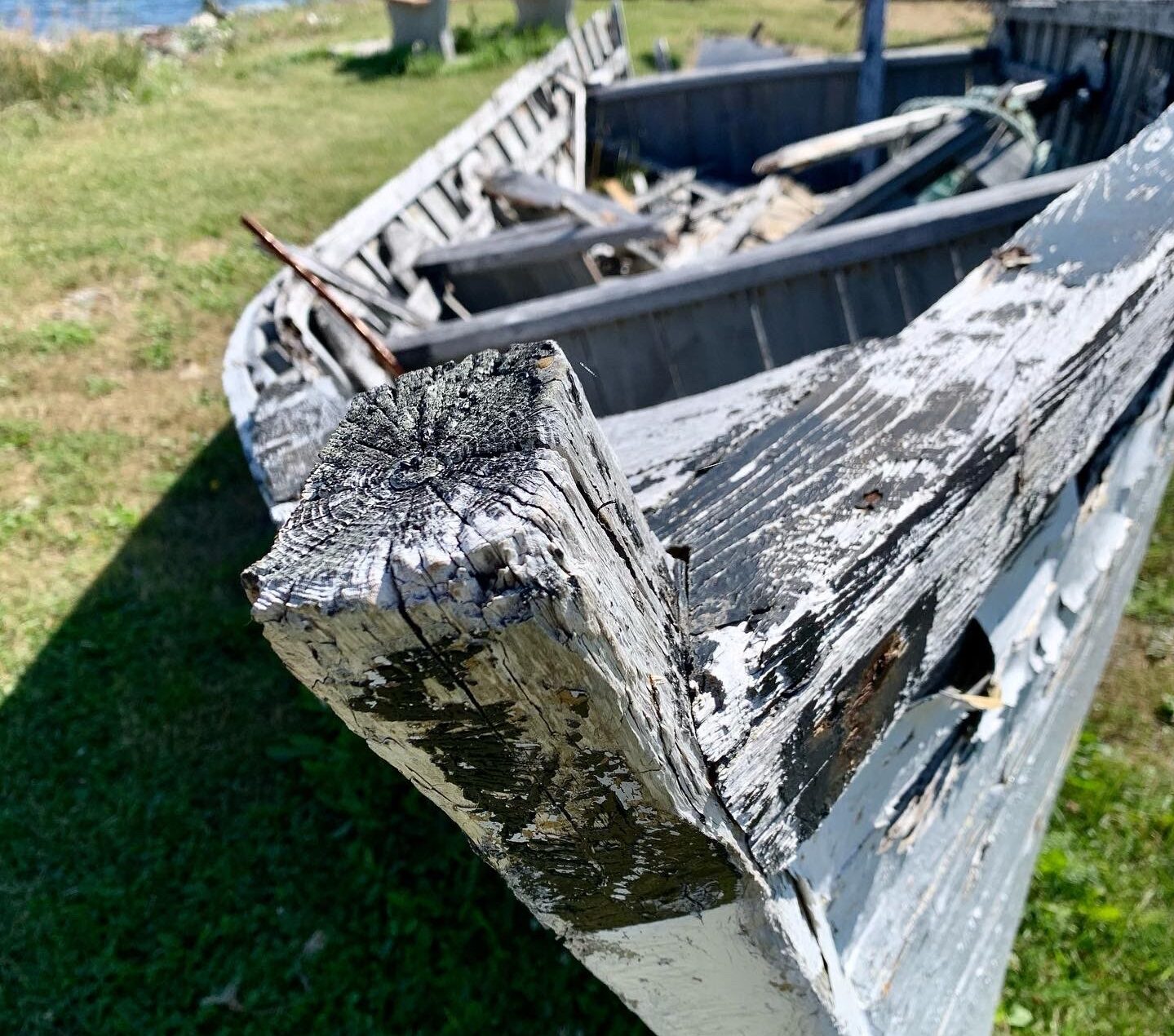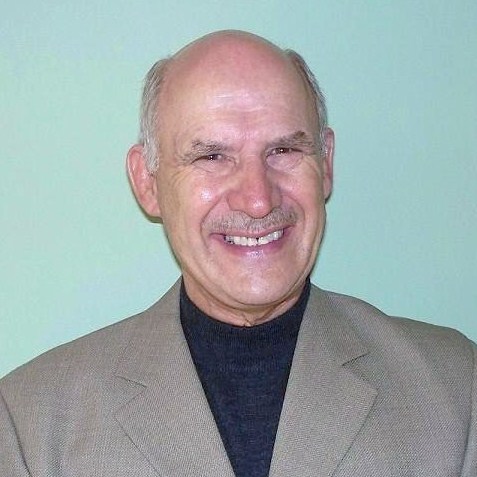None of us have much to say about how we are born. It happens. The love and nurturing of our parents provide a foundation on which to grow and flourish. And as we start to get out and about, we soon become the recipients of advice from elsewhere. We learn to beware of absolutes and to avoid extremes, yet it is our very nature to often strike forth in certainty and ignorance. The many uncertainties we face are managed by our individual coping mechanisms. Some of us try to mask it all through bluster and superficial certitude, as it’s not easily manageable, and certainly not comfortable living in emerging uncertainty. Yet, we frequently declare that we know, when really we do not know at all. And attempts to prop up our inner unease of really not knowing, often result in behaviour of being “often in error but never in doubt,” a common defence mechanism we apply to cope with such uncertainties. In other words, it’s growing up.
The views of others can easily be shared and the sharing of such information can result in too many of us accepting everything at face value. It seems we instinctively strive to conform to the will of the many. Does our basic follow-the-herd-instinct sometimes unduly sway us into entertaining outlandish views? In our time, are we really better equipped to understand life’s age-old questions, with our ever-increasing communications, or are we simply sharing our levels of collective ignorance at a faster pace? And gathering too many encyclopedic collections of piffle and piddle?
The matter of dying, and particularly the issue of life-after-death, is a puzzle to everyone who cares to give it much thought. Prior to scientific cosmology, many held the view that heaven was located in the sky—always above our heads—and hell in the ground—always below our feet. Nowadays, heaven very much remains a subject of awe and wonder, and is sometimes conceived of as the enjoyment of the full consciousness of God’s presence, in the here and now, that represents the fulfillment of God’s purpose for his creation. Hell is viewed as the self-exclusion from any of this. Of course, these are perennially debated issues, with very little clarity in sight.
Dying is pretty straight forward and we all have to embrace the inevitability, sooner or later, of our own demise. In an earthly sense, death is simply going out of existence. When I think of my own death, I accept its inevitability similar to the way I would have accepted an unpleasant transfer whilst a member of the RCMP. While I would have unease whenever the high command ordered me to a new posting, especially to unfamiliar surroundings, the challenge was to accept the new duty and get on with it. And surprisingly, things always had a way of working out. I know, comparing dying to that of a transfer is a stretch, yet it represents the changing ways of life. I am reminded of that great line in the well-known Newfoundland song “Let me fish of Cape St. Mary’s” wherein it states “…let me be a man and take it / when my dory fails to make it…” What a great attitude, eh? And I believe as the person in the dory, that as we traverse this journey of life on earth, we become inclined to accept the natural state of earthly beings—to be born, to live, and to die.
Now as for me, a well-established octogenarian, my most fearful thoughts on dying occurred away back in my early teens. Hearing such lines as “…even in blooming we die…” was so scary. And thankfully the march of time has a marvellous way of levelling off such fears, and death itself, is no longer such a big deal. The matter of how I die though is, and my preferred option (very few of us will have one) would be “dying with one’s boots on” perhaps the best of all.
While we are very much alike in so many ways, yet we are so individually constructed to interpret the world around us as we feel it, hear it, and see it. And then to further compound things, many of us have eyes that cannot see and ears that cannot hear. For believers, without faith in God nothing makes sense—it’s as simple as that! And that there’s a prevailing belief that our lives are more than an ant-like quality of being activity oriented, where we just keep on going until we run out of heart beats. Fathoming-out our roles in how we relate to God transcends our common understanding. And one has to ponder the simple fact—if we were presented with an absolute certainty of God’s presence and power, would we really be able to cope with it, to handle it, and carry on in our day-to-day living anywhere near as naturally as we do? And should we not also ponder the thought that there may well be good reason, beyond our human comprehension, that requires us to have the limited understanding of God that we do?


